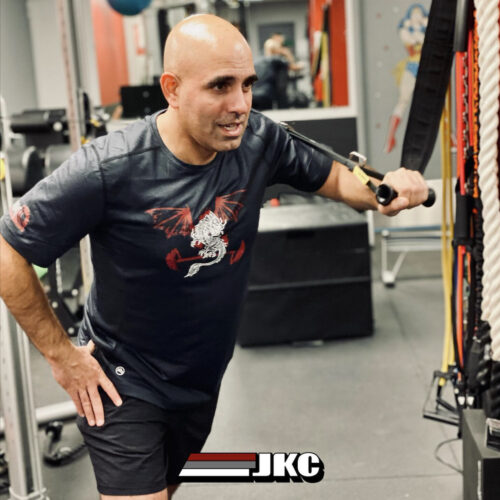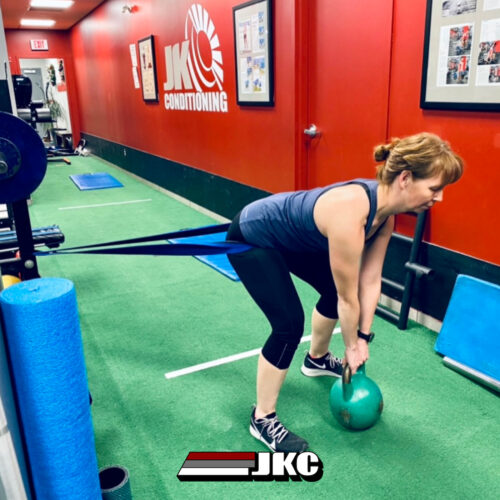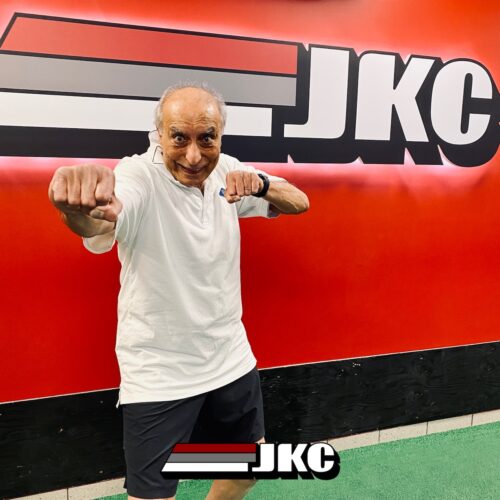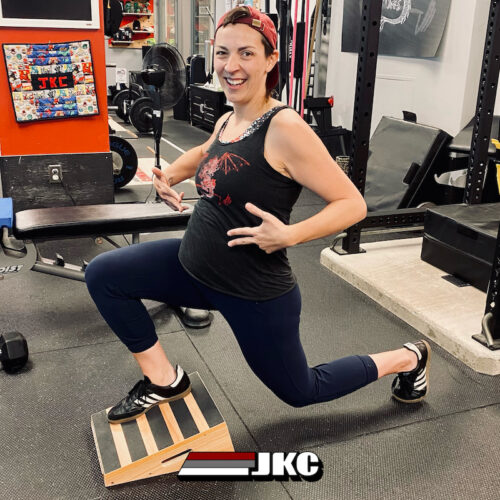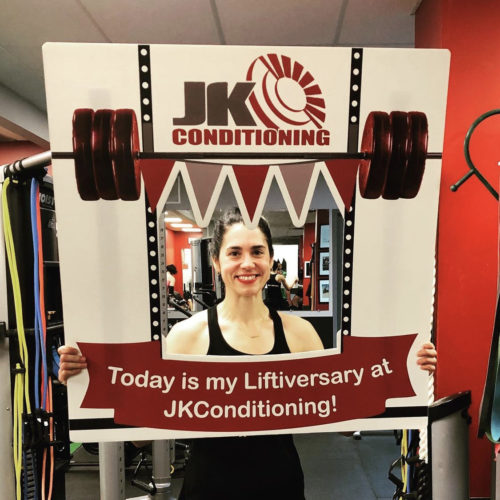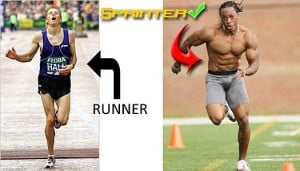 I’m tired of biting my tongue. I’ve seen pictures like this pop up everywhere on the internet and honestly, I find it quite offensive. Here you have a wickedly lean and built sprinter/football running back compared to a frail distance runner, in this case, marathon-great Ryan Hall (and of course they choose the least flattering picture they can find).
I’m tired of biting my tongue. I’ve seen pictures like this pop up everywhere on the internet and honestly, I find it quite offensive. Here you have a wickedly lean and built sprinter/football running back compared to a frail distance runner, in this case, marathon-great Ryan Hall (and of course they choose the least flattering picture they can find).
The comparison is obviously about body image and has completely nothing to do with athletic ability (running a sick marathon time vs. running a sick 40-yard time). Who would want to look like Ryan Hall anyway? Obviously no one because skinny dudes look weak. We can thank Charles Atlas for this as he was one of the first to advertise that being skinny was a bad thing in the mid 1900’s.

We can thank genetics, nutrition, the training program (endurance based e.g. running vs. weight training e.g. strength training or body building) and drugs for the size and shape our muscles and body take on. According to the SAID (specific adaptation to imposed demand) Principle, you get what you train for – in the case of Ryan Hall, an amazing aerobic system and pair of lungs. On the other hand, sprinters develop high levels of strength and an amazing ability to generate force fast. Because the distance runner runs more total volume compared to the sprinter, the distance runner is in a constant state of repair with heightened levels of the stress hormone cortisol. Because of this, it’s actually quite difficult to put on additional muscle, let alone keep the existing muscle they have.
Sprinters also tend to have more fast twitch muscle fibres compared to distance runners (who tend to have more slow twitch muscle fibres). This is why fast kids tend to be sprinters when they get older – sometimes you can’t choose your event – you just find out what you’re best at.
But I get it. These pictorial comparisons between sprinters and runners target the general population wanting to lose fat. As I stated on my other JKConditioning blog in my 30 Years 30 Health & Fitness Tips series:
“…high intensity interval training is more effective at burning calories compared to a lower intensity session of the same duration. BUT, lower intensity cardio sessions are important for those unfit enough to handle the high intensity of sprinting and pushing their bodies beyond red-line. Cardio sessions at 60-ish percent of max heart rate are not only important for many physiological acclimations, but this type of training builds a strong base for higher intensity training later in your training program. Elite endurance athletes periodize their programs like this year after year.”
Runners love running because they love to run, plain and simple. Most hate going to the gym and would rather run with a couple friends in the rain than spend 30-minutes pumping iron. They don’t mind that they don’t look like Captain America or Thor but mind setting new personal bests for their favourite race distances.

Notice how they never compare distance runners to Jeremy Warner? He’s super lean and has run the third fastest 400-m in history: 43.45. He’s a sprinter, but because of his genetics, he doesn’t look like the sprinter pictured above.

Sprinting alone isn’t going to get you jacked. Is it more effective than long slow distance running at burning calories? Yes, refer to my point above. Repeated again however, if the same time frame is used e.g. 20-minutes running every other minute as hard as possible will expend more calories during and after the session vs. running the entire 20-minutes at 60% of your max heart rate.
You have to remember that each type of training has its place.
Many coaches advocate hill sprints, sled pushes and resistance training and body weight circuits to improve conditioning or GPP (general physical preparedness) whereas running coaches advocate running lots of miles in the off-season to build a base for the higher-intense track/road racing season.
The goals of sprinters and distance runners are completely different, so stop comparing the two.
If you want to run a fast 5-km, 10-km, half or full marathon, you must sacrifice you body image and get in the miles.
If you want to look like the Hulk, stop running so much and hit the weights.
Remember, you get what you train for.
To wrap up, stop bashing distance runners because of how they look. They may look lean and weak, but they can surely run circles around you.
Thanks for reading.
-JK

